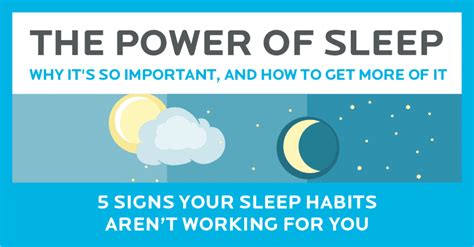The importance of a good night's sleep cannot be overstated. It is essential for physical and mental health, cognitive function, and overall quality of life. However, for many people, getting a good night's sleep can be a significant challenge. This is where rest tech comes in – a revolutionary field that combines technology and sleep science to help people sleep better, live better.
Sleep is a complex process that is affected by a multitude of factors, including lifestyle, environment, and personal habits. Traditional methods of improving sleep, such as changing sleep environments or establishing bedtime routines, can be effective but often fall short. Rest tech offers a new approach to sleep improvement, leveraging advanced technologies such as wearable devices, sleep tracking apps, and smart home systems to monitor, analyze, and optimize sleep patterns.

How Rest Tech Works
Rest tech is a broad term that encompasses a wide range of technologies and techniques. At its core, rest tech is about using data and analytics to understand sleep patterns and identify areas for improvement. This can involve tracking sleep duration, sleep quality, and other metrics using wearable devices or sleep tracking apps. The data is then analyzed to identify trends, patterns, and correlations, which can be used to make personalized recommendations for improving sleep.
One of the key benefits of rest tech is its ability to provide real-time feedback and insights. This can help individuals identify sleep disruptors, such as caffeine consumption or screen time before bed, and make changes to improve their sleep. Rest tech can also be used to monitor sleep disorders, such as sleep apnea or insomnia, and provide personalized treatment plans.
Types of Rest Tech
There are many different types of rest tech, each with its own unique features and benefits. Some of the most common types of rest tech include:
- Wearable devices: Wearable devices, such as smartwatches or fitness trackers, can track sleep patterns and provide real-time feedback and insights.
- Sleep tracking apps: Sleep tracking apps, such as Fitbit Coach or Sleep Cycle, can track sleep patterns and provide personalized recommendations for improving sleep.
- Smart home systems: Smart home systems, such as smart thermostats or smart lighting systems, can be used to create a sleep-conducive environment.
- Sleep masks and earplugs: Sleep masks and earplugs can be used to block out light and noise, creating a sleep-conducive environment.
The Benefits of Rest Tech
Rest tech has many benefits, both physical and mental. Some of the most significant benefits of rest tech include:
- Improved sleep quality: Rest tech can help individuals improve the quality of their sleep, leading to better rest and recovery.
- Increased energy: Rest tech can help individuals feel more energized and alert, leading to improved productivity and performance.
- Reduced stress: Rest tech can help individuals reduce stress and anxiety, leading to improved mental health and well-being.
- Improved cognitive function: Rest tech can help individuals improve their cognitive function, leading to better concentration, memory, and decision-making.
Real-Life Examples of Rest Tech in Action
Rest tech is being used in a wide range of real-life applications, from improving sleep quality in individuals to enhancing athletic performance. Some examples of rest tech in action include:
- The National Sleep Foundation's Sleep Tech program, which uses rest tech to improve sleep quality in individuals with sleep disorders.
- The US military's use of rest tech to enhance athletic performance and improve sleep quality in soldiers.
- The use of rest tech in professional sports, such as the NFL and NBA, to improve player performance and recovery.

The Future of Rest Tech
The future of rest tech is exciting and rapidly evolving. As technology continues to advance, we can expect to see even more innovative and effective solutions for improving sleep. Some of the most promising areas of research and development include:
- The use of artificial intelligence (AI) and machine learning (ML) to analyze sleep data and provide personalized recommendations.
- The development of new wearables and sleep tracking devices that can track sleep patterns and provide real-time feedback and insights.
- The integration of rest tech with other health and wellness technologies, such as fitness trackers and nutrition apps.
Conclusion
Rest tech is revolutionizing the way we sleep, providing individuals with the tools and insights they need to improve their sleep quality and overall health and well-being. Whether you're an individual looking to improve your sleep or a healthcare professional seeking to enhance patient care, rest tech has the potential to make a significant impact.






What is rest tech?
+Rest tech is a field that combines technology and sleep science to help people sleep better and live better.
How does rest tech work?
+Rest tech works by tracking sleep patterns and providing real-time feedback and insights to help individuals improve their sleep quality.
What are the benefits of rest tech?
+The benefits of rest tech include improved sleep quality, increased energy, reduced stress, and improved cognitive function.
